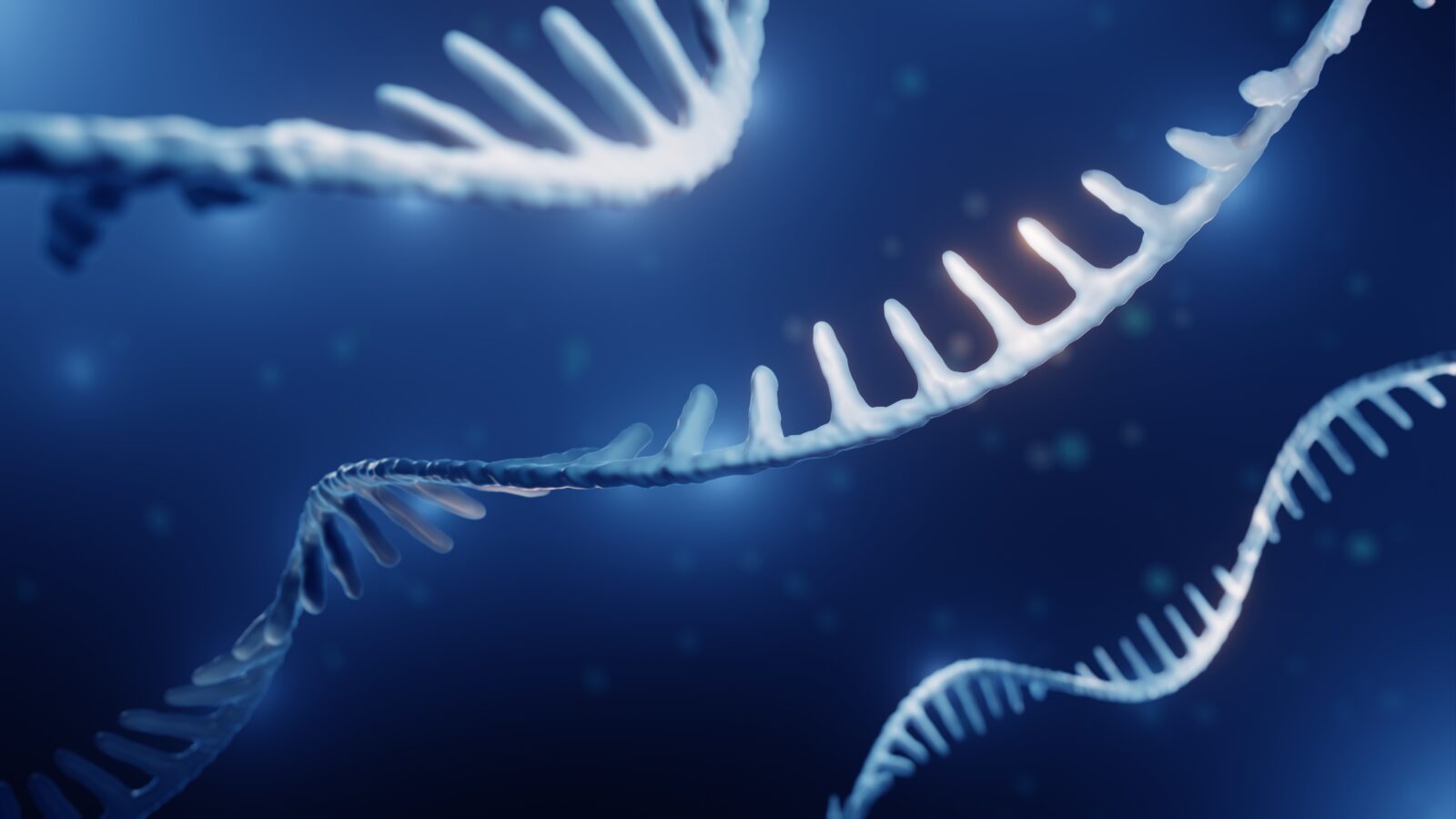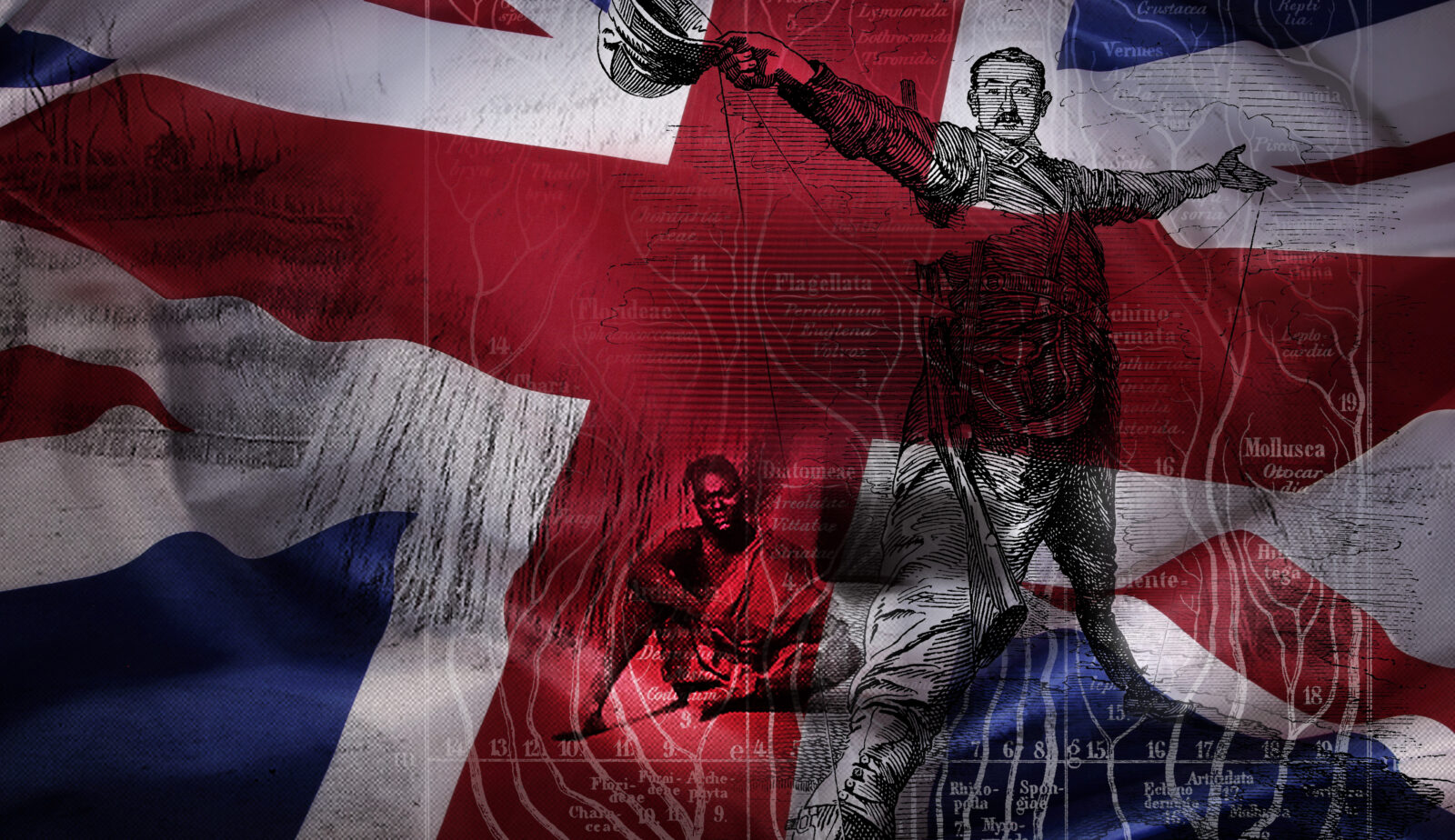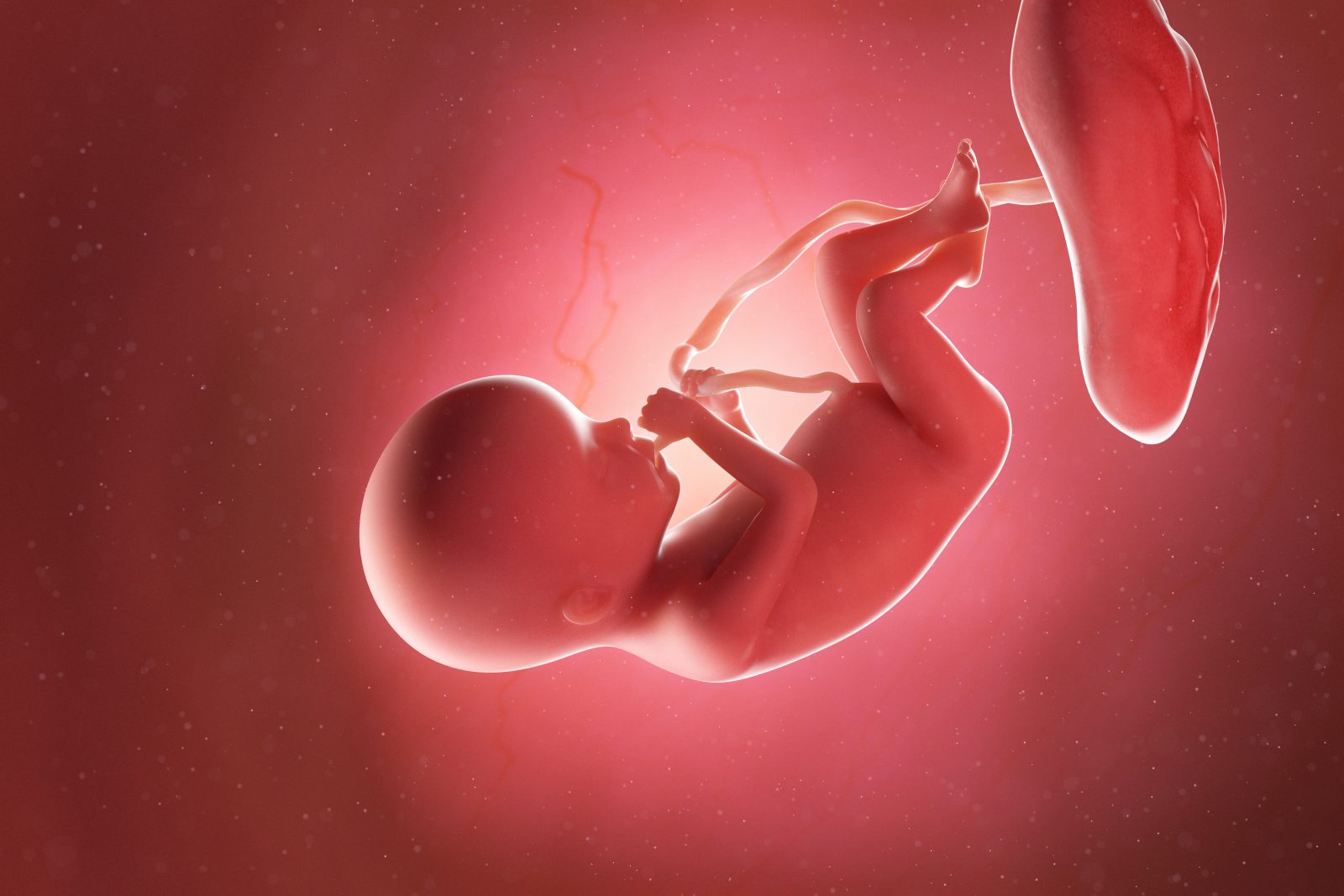


A Reading From Darwin’s Bluff

Minimal Replication Fidelity: Another Problem for the RNA World Hypothesis

The Human Body As a Marvel of Engineering

Do Plant Galls Falsify Darwinism?

When Darwinian Racism Came to Africa, and the West
Today’s ID the Future features another reading from scholar Olufemi Oluniyi’s new book, Darwin Comes to Africa. In this excerpt we learn how Darwin himself laid much of the groundwork for social Darwinist ideas, primarily in his book The Descent of Man, and how those ideas were energetically developed in the ensuing decades by various mainstream scientists. Oluniyi further details how their work fueled pseudo-scientific racism against black Africans and other indigenous peoples outside the West. To learn more about this neglected corner of modern Western history, and for the good news that the flow of evidence has turned against Darwinism and, with it, social Darwinist principles, pick up Oluniyi’s book here.

Casey Luskin Debunks One Museum’s Evolutionary Propaganda
On today’s ID the Future, geologist Casey Luskin continues to unpack his recently published essay against the view that humans evolved from ape-like ancestors via blind Darwinian processes. In this episode he shares his experience of walking into the fossil hall at South Africa’s famous Maropeng Museum and immediately being confronted by a piece of shameless materialist propaganda, a Richard Dawkins quotation prominently displayed as part of a floor-to-ceiling display. The quotation insisted that humans are essentially just DNA survival machines. Luskin says, not so fast, and points out the various ways such a view fails to explain important aspects of human behavior, including altruistic behavior toward non-kin. Luskin and host Eric Anderson also call evolutionary theory to task for being overly supple, with its adherents regularly employing vague just-so stories to explain virtually any behavior or feature AND its opposite. To read Luskin’s essay on the subject, get the new free online ID book from South Africa, Science and Faith in Dialogue, with contributions from Luskin, Stephen Meyer, Hugh Ross, Guillermo Gonzalez, James Tour, Fazale Rana, Marcos Eberlin, and others. Find Part 1 in this Anderson/Luskin podcast series here, and Part 2 here.

When Darwinism Came to Africa, Horrors Ensued
On today’s ID the Future, hear a Nigerian voice-actor reading from the opening pages of Nigerian scholar Olufemi Oluniyi’s new book, Darwin Comes to Africa. In this section from the preface, Oluniyi explores the relationship of Darwinism to Social Darwinism, and some of the ways Social Darwinism fueled and justified horrific ideas and actions among European thinkers and colonizers. Oluniyi tells the story of Russian scientist Ilya Ivanovich Ivanov, who, guided by Social Darwinist thinking, “sought to produce a race of super-soldiers for Stalin’s army by impregnating French Guinea women with the sperm of a dead chimpanzee—black African women, mind you, who were presumed to be less highly evolved and thus closer to chimpanzees than were white European women.” As Oluniyi further notes, this scientist was far from a “lone gunman…. Colonial authorities approved the plan, and the Russian found support amongst both the French and American scientists.” As horrifying as this plan is, it and other horrors make sense under the false and twisted logic of social Darwinism, Oluniyi explains. Buy the eye-opening book here.

Olufemi Oluniyi’s New Book, Darwin Comes to Africa
On today’s ID the Future, scholar John West introduces Darwin Comes to Africa, the new book by Nigerian pastor, theologian, journalist, scholar, and human rights activist Olufemi Oluniyi. The work explores the poisonous influence of social Darwinism on British rule in northern Nigeria in the late nineteenth and early twentieth century, a poisonous influence felt in Oluniyi’s home country down to the present, he argues. The book project grew out of Oluniyi’s intimate knowledge of Nigerian culture as well as his attendance at the 2017 Center for Science & Culture Summer Seminar program in Seattle, Washington. By the end of that nine-day gathering, he had resolved to write a book about the impact of Social Darwinism on his home country and announced that intention to his fellow attendees. He died of Covid-19 four years later, but not before completing in-depth research on the subject of the book and sending Discovery Institute his manuscript. Listen in to learn more about what Oluniyi discovered, and purchase his fascinating book here.

David Galloway: The Fetal Circulatory System is Irreducibly Complex
On today’s ID the Future, distinguished British physician and author David Galloway explains why he’s convinced that the human fetal circulatory system is irreducibly complex and therefore beyond the reach of blind gradualistic evolution to have built. In his conversation with host and fellow physician Geoffrey Simmons, Galloway also mentions some molecular machines that he’s convinced are irreducibly complex and shout intelligent design. The occasion for the conversation is Galloway’s new book, Design Dissected.